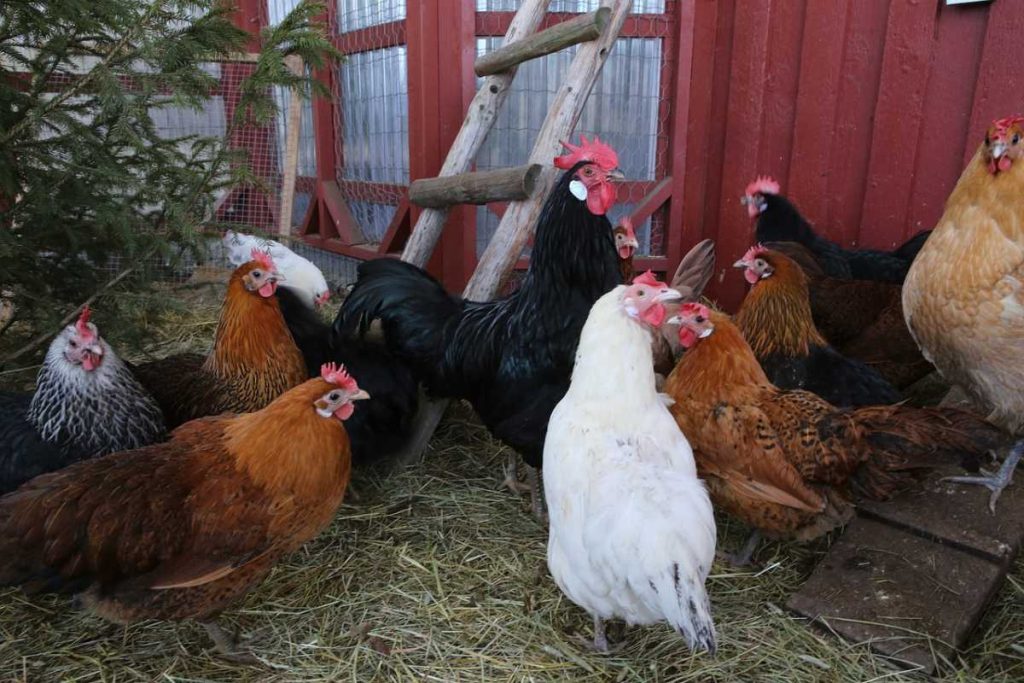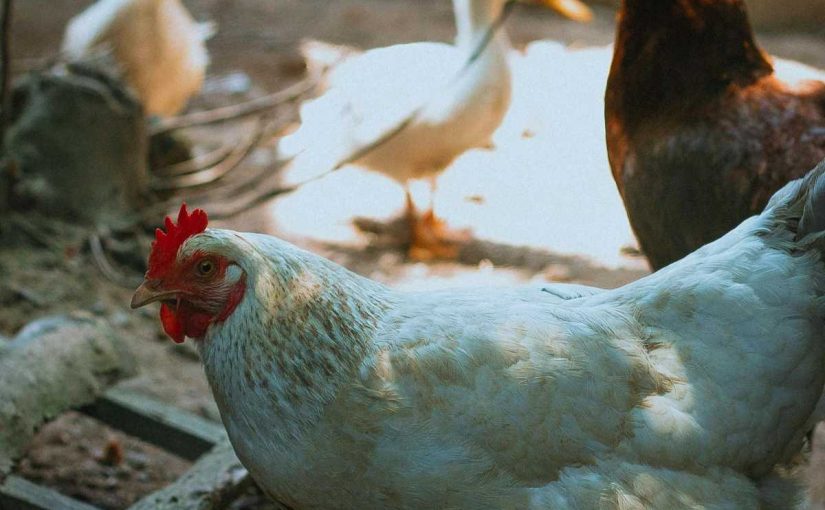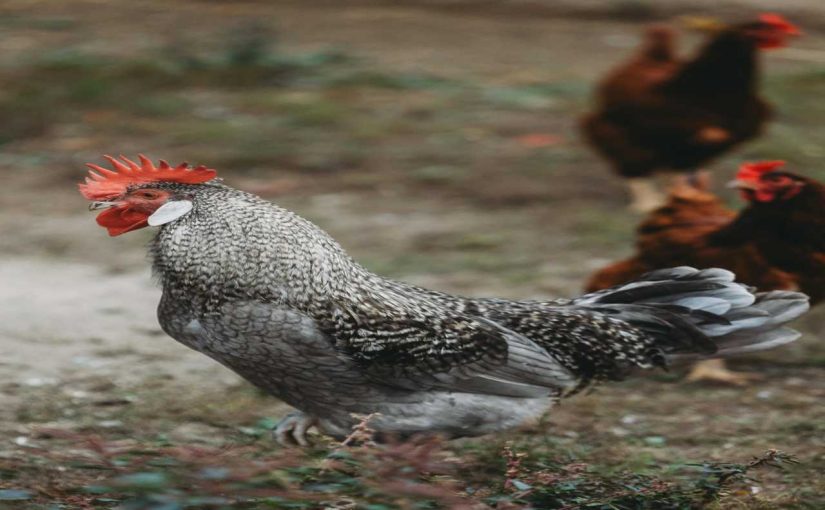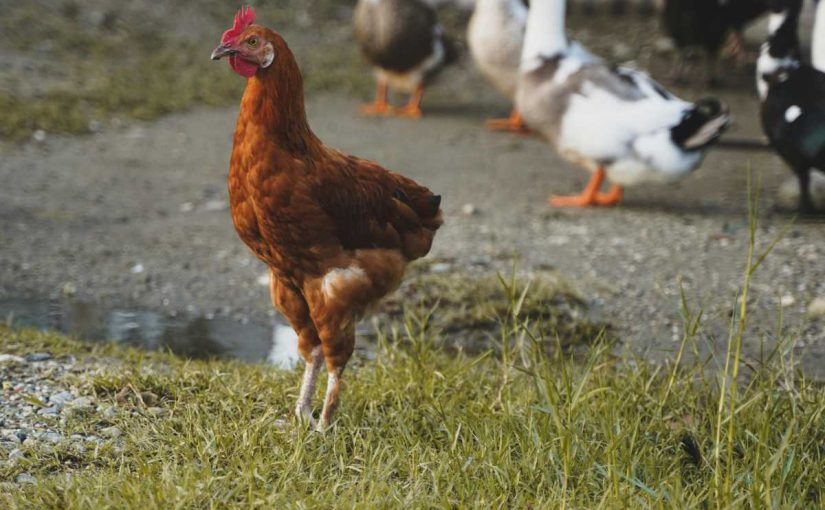Maintaining a healthy flock of chickens is not just about proper feeding, housing, and care. In 2024, biosecurity measures are more crucial than ever for preventing the spread of diseases in backyard and commercial flocks. With the rise of avian diseases such as Avian Influenza (AI) and Newcastle disease, it’s important to adopt stringent biosecurity practices to protect your birds, your family, and neighboring flocks.
Here are the essential chicken biosecurity measures every chicken keeper should follow in 2024:
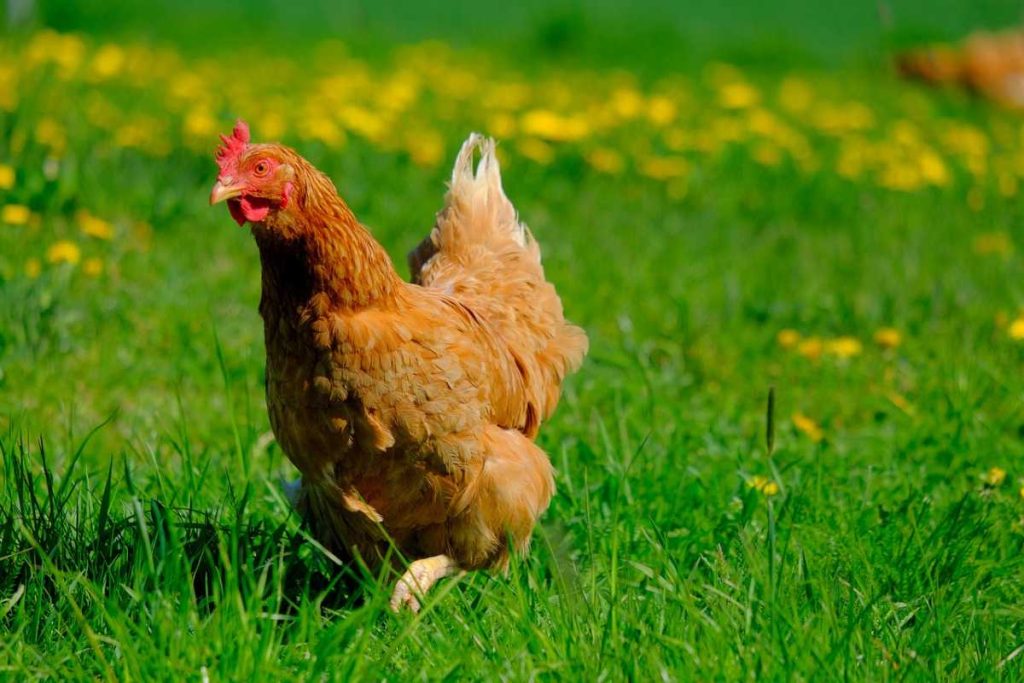
1. Restrict Visitor Access
Why it’s important: Limiting contact with your flock can prevent the introduction of diseases from outside sources. Visitors and neighboring farmers could unintentionally carry pathogens from their own flocks to yours through clothing, shoes, or equipment.
How to implement:
- Designate certain areas as “no entry” zones for non-essential visitors.
- Ensure that anyone who must visit the chickens (vets, family members, etc.) wears clean clothing and footwear, or provides disposable shoe covers.
- Use biosecurity signage to clearly mark restricted areas to minimize casual access.
2. Control Animal Access
Why it’s important: Wild birds, rodents, and other animals can introduce diseases and parasites to your chickens. Keeping these animals away from your chickens helps reduce the risk of infection.
How to implement:
- Keep your chickens in secure, covered runs, particularly in areas where wild bird populations are high.
- Use rodent-proof feed storage containers and clean up any spilled feed to avoid attracting pests.
- Regularly inspect your coop for gaps or openings where wild animals might enter and secure them as needed.
3. Maintain a Clean Environment
Why it’s important: A clean and sanitary environment reduces the chances of disease-causing organisms spreading within your flock.
How to implement:
- Clean chicken coops, feeders, and waterers regularly. Remove droppings and old bedding weekly, and sanitize equipment every few months.
- Use disinfectants specifically designed for poultry and rotate cleaning products to prevent the development of resistant bacteria.
- Implement a footbath at the entrance of your chicken coop with a disinfectant solution to clean your footwear every time you enter.
4. Quarantine New or Sick Birds
Why it’s important: Introducing new birds without quarantine can lead to the spread of disease. Sick birds should also be isolated to prevent disease from affecting the entire flock.
How to implement:
- Quarantine new birds for a minimum of 30 days in a separate area away from your existing flock. During this time, monitor for any signs of illness.
- If a chicken shows signs of illness, immediately remove it from the flock and consult a vet.
- Use separate tools and equipment for quarantined or sick birds to avoid cross-contamination.
5. Monitor Flock Health
Why it’s important: Early detection of illness allows you to take prompt action, preventing the spread of disease.
How to implement:
- Conduct daily health checks on your chickens, paying attention to any changes in behavior, appetite, or droppings.
- Know the common signs of diseases like Avian Influenza (coughing, sneezing, decreased egg production) and coccidiosis (bloody stools, lethargy).
- Keep accurate records of health issues, treatments, and vaccinations for each bird.
6. Manage Feed and Water Supplies Properly
Why it’s important: Contaminated feed and water can easily spread illness through your flock. Good feed and water management prevent contamination and nutrient loss.
How to implement:
- Store feed in rodent-proof containers, off the ground, and in dry areas.
- Clean and disinfect waterers regularly, ensuring they are free from algae or debris.
- Use only fresh, high-quality feed from reputable suppliers to minimize exposure to mold or toxins.
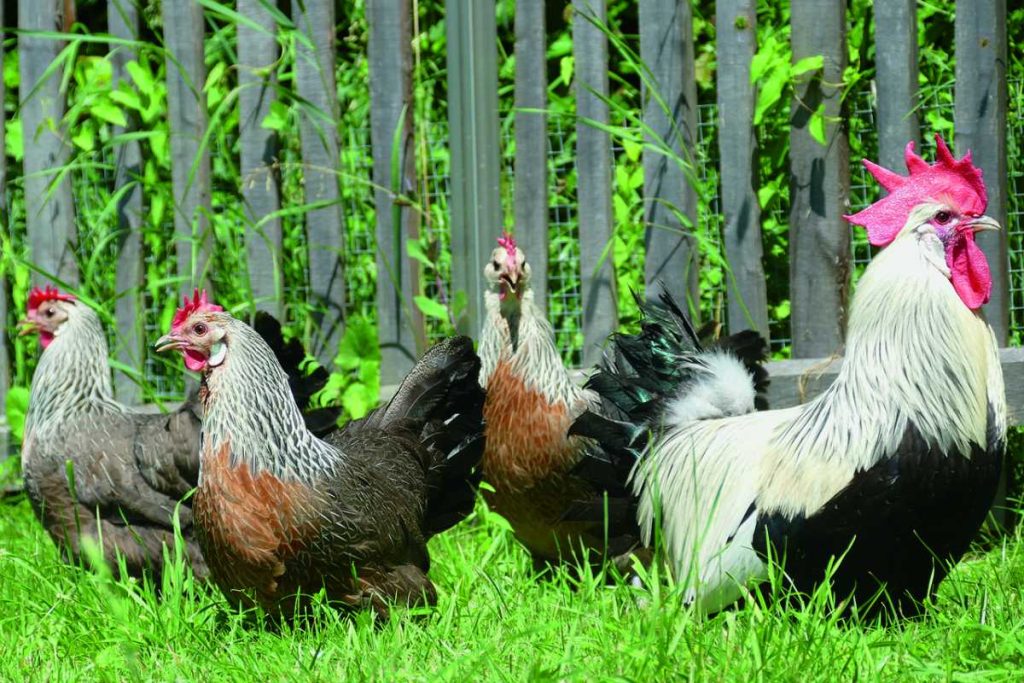
7. Vaccinate and Consult a Vet
Why it’s important: Vaccination helps prevent major poultry diseases from taking hold in your flock, while regular veterinary consultations can provide guidance on flock health.
How to implement:
- Work with a veterinarian to create a vaccination schedule tailored to the diseases present in your area.
- Common vaccinations include those for Marek’s Disease, Fowl Pox, and Newcastle Disease.
- Seek veterinary advice at the first sign of illness, rather than waiting until symptoms worsen.
8. Minimize Stress in the Flock
Why it’s important: Stress weakens a chicken’s immune system, making them more susceptible to disease.
How to implement:
- Avoid overcrowding your coop. Ensure each chicken has enough space to reduce pecking and competition.
- Provide proper ventilation to avoid the buildup of ammonia and humidity, which can cause respiratory issues.
- Create a calm, predictable routine for your chickens, including feeding, cleaning, and handling times.
9. Report Disease Outbreaks
Why it’s important: Rapid reporting of any unusual deaths or signs of disease helps contain and control the spread of avian illnesses in your area.
How to implement:
- If you suspect a reportable disease like Avian Influenza, immediately contact your local veterinary authority or poultry health agency.
- Familiarize yourself with the reporting protocols in your region and have contact information for local authorities handy.
Conclusion
In 2024, biosecurity is more critical than ever for chicken keepers, whether you’re managing a small backyard flock or a large commercial operation. By following these essential biosecurity measures, you’ll reduce the risk of disease outbreaks, protect your chickens, and ensure the safety of your local poultry community. By being vigilant and proactive, you can enjoy the benefits of raising healthy, happy chickens year-round.

